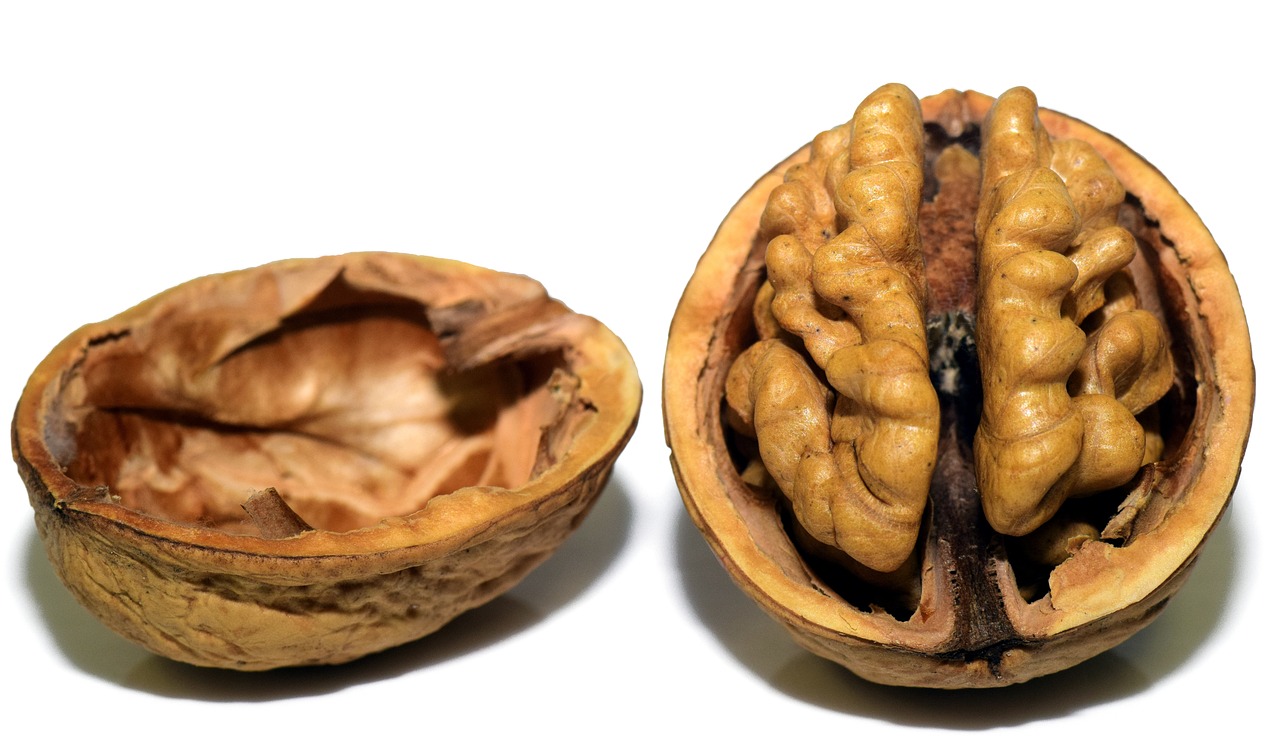The Brain’s Memory Locker: Unraveling the Learning Process
Brains are the enigmatic storage units of our bodies, holding a lifetime of memories that shape us and our understanding of the world. However, how does this intricate, biological hard drive operate? A team of neuroscientists from the Picower Institute for Learning and Memory at MIT recently discovered that a brain region known as the anterior cingulate cortex (ACC) likely plays a pivotal role in memory storage and the learning process.
Their cutting-edge research, published in the journal Neuron, delved into the ACC’s function during learning. Astonishingly, they found that brain cells, or neurons, in the ACC became more inclined to activate during the learning process. This observation suggests that these neurons might be instrumental in encoding our memories.
The research team, led by Professor Mark Bear, deployed an innovative technique called optogenetics to study these cells. Optogenetics is a revolutionary technology that enables scientists to control neurons’ activity using light. This technique illuminated the ACC neurons’ role in memory formation, underscoring their pivotal function in the learning process.
The scientists also discovered that when they suppressed the activity of ACC neurons, the subjects’ capacity to form new memories was significantly hindered. This vital observation only furthers our understanding of the role ACC neurons play in our ability to learn and remember.
This new insight into the brain’s memory vault is a groundbreaking stride in neuroscience. It unravels the intricate processes involved in learning and memory formation. Such discoveries have the potential to lead to innovative and more effective treatments for learning disorders and memory-related diseases, like Alzheimer’s. The enigma of the brain continues to bemuse and fascify us, but every step forward gives us greater insight into the deepest vaults of our minds.

